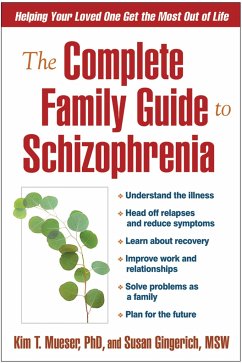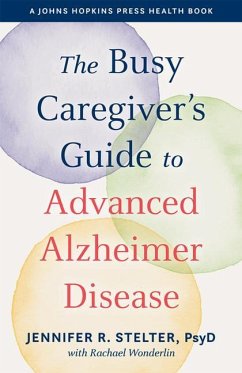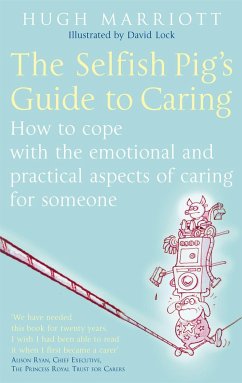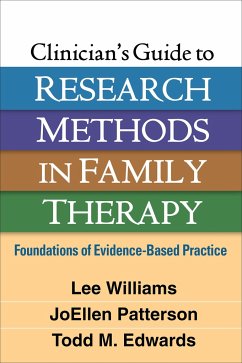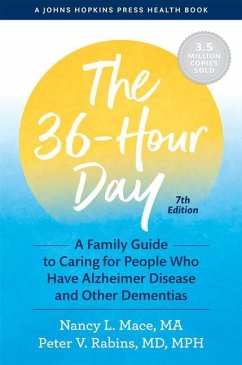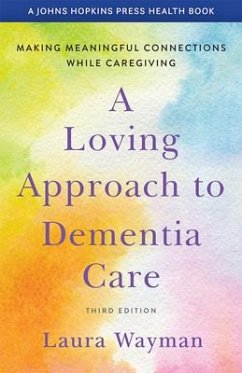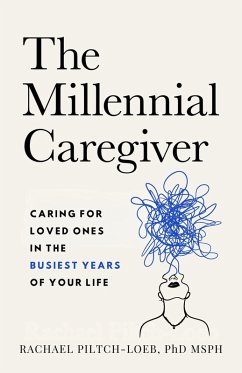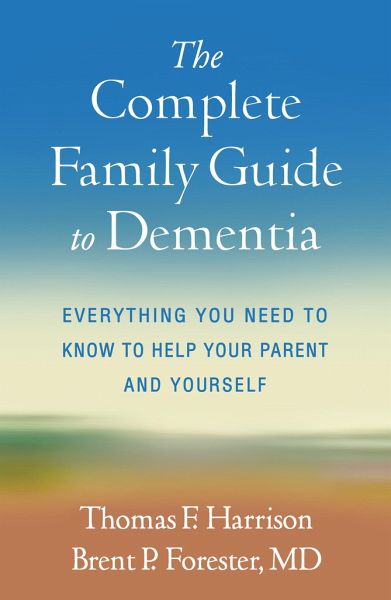
The Complete Family Guide to Dementia
Everything You Need to Know to Help Your Parent and Yourself

PAYBACK Punkte
13 °P sammeln!
Caring for a parent with dementia presents unique challenges--Mom or Dad so plainly needs assistance, but is confused, sometimes angry, and often resistant to help. How can caregivers get the vital information they need, when they need it? Journalist Thomas Harrison and leading geriatric psychiatrist Brent Forester show that you don't have to be a medical expert to be a good care provider in this authoritative guide. They explain the basics of dementia and offer effective strategies for coping with the medical, emotional, and financial toll. Readers learn to "care smarter, not harder," to help...
Caring for a parent with dementia presents unique challenges--Mom or Dad so plainly needs assistance, but is confused, sometimes angry, and often resistant to help. How can caregivers get the vital information they need, when they need it? Journalist Thomas Harrison and leading geriatric psychiatrist Brent Forester show that you don't have to be a medical expert to be a good care provider in this authoritative guide. They explain the basics of dementia and offer effective strategies for coping with the medical, emotional, and financial toll. Readers learn to "care smarter, not harder," to help their loved one maintain the best possible quality of life.





